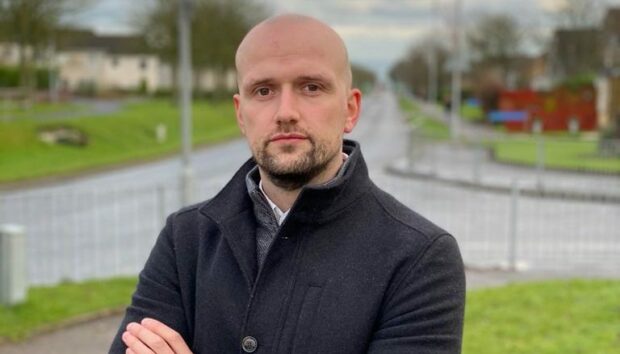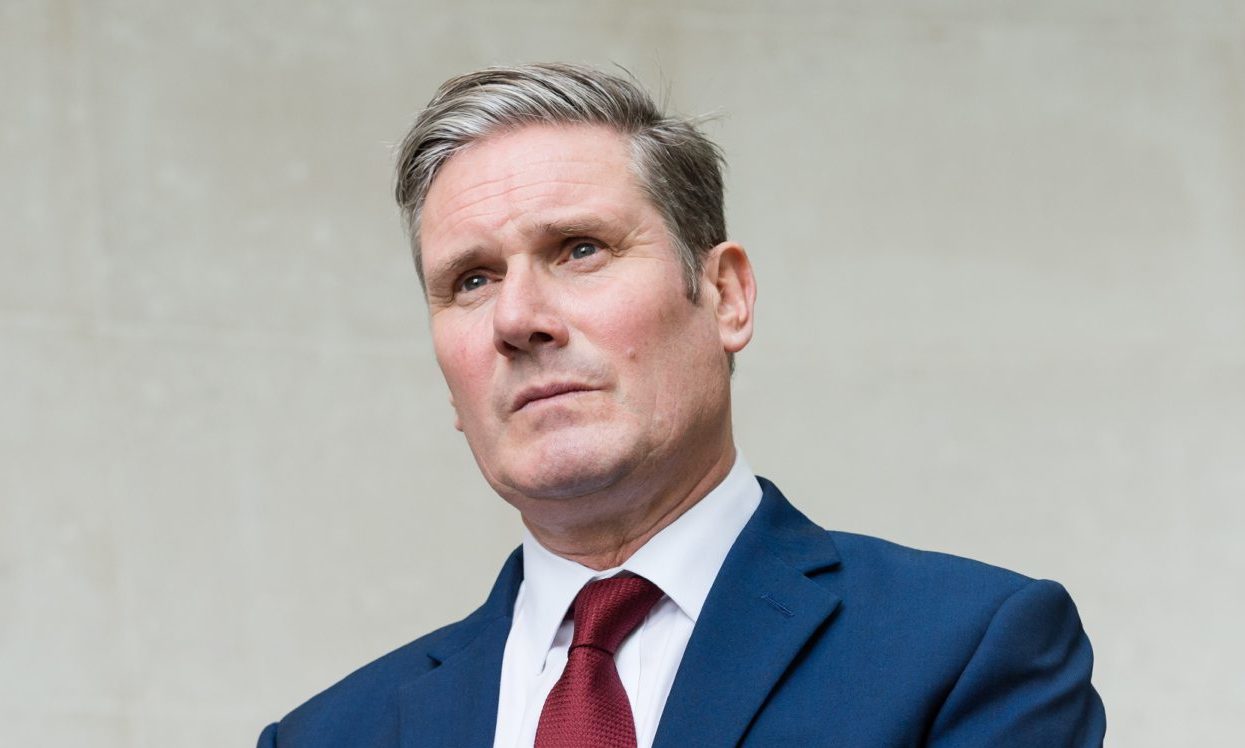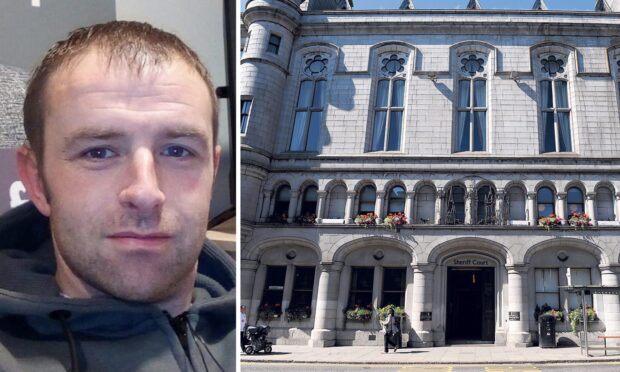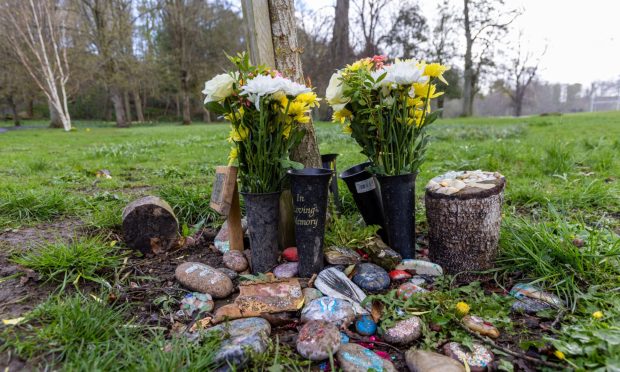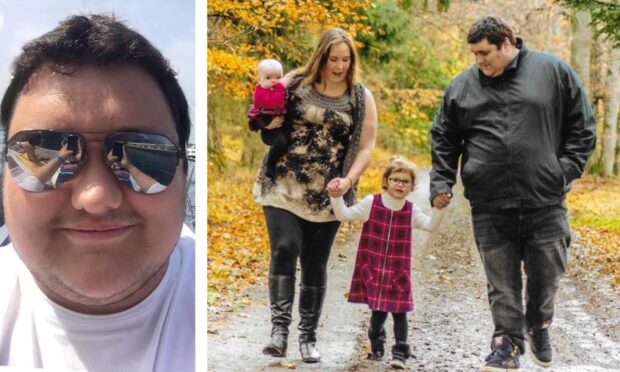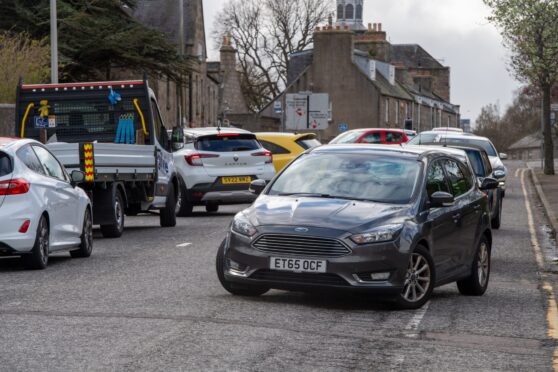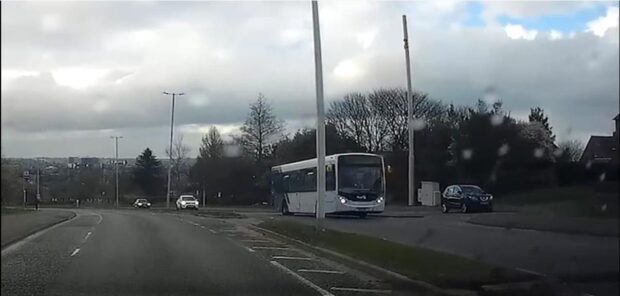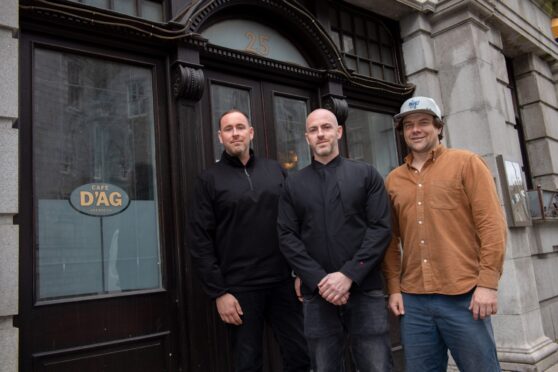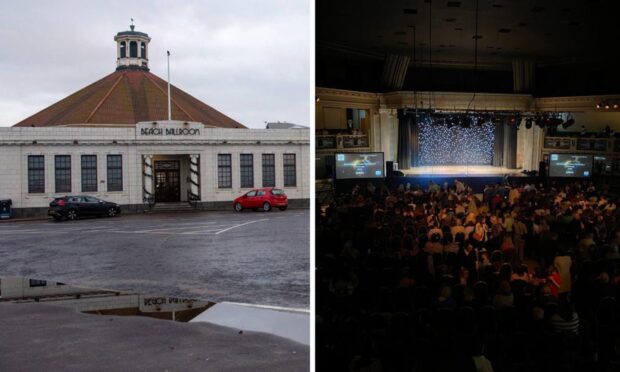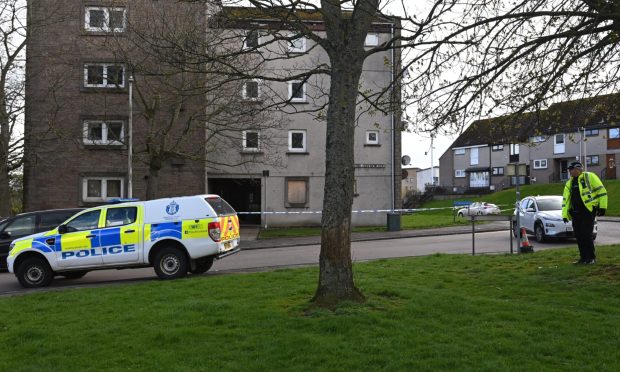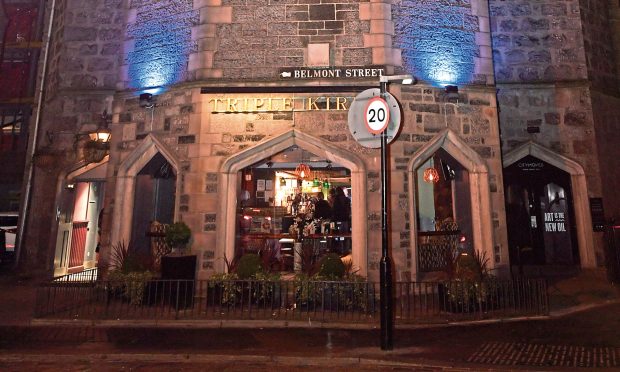The UK Government has been asked to send more cash to the north, as it has emerged more than 100 other areas across Britain are being prioritised for investment.
Research has shown Aberdeen and Aberdeenshire are expected to be hit worst long-term by Brexit – with issues exacerbated by the recent oil price crash.
But neither has been listed among the top 123 UK areas to receive money from the new Levelling Up Fund.
The £4.8 billion pot has been set aside to support ailing high streets, transport, culture and history.
Every council area in the country has been placed in category one, two or three, with the lower numbers deemed in greater need of investment.
Aberdeen, Moray and the Western Isles have been placed in level two, while Aberdeenshire, the Highlands, Orkney and Shetland are in three.
Earlier this month Aberdeen City Council co-leader Douglas Lumsden cited the scheme as a possible funding source for £150m regeneration plans – potentially including a new Aberdeen FC stadium.
But with category one areas more likely to get cash first, questions have been asked as to when it might reach those further down the list.
The funding will be delivered through local authorities, rather than the Scottish Government – leading to accusations it is also an “attack of devolution”.
Open letter
The north-east’s three SNP MPs – Stephen Flynn, Kirsty Blackman and Richard Thomson – have written to Chancellor Rishi Sunak asking for answers.
Mr Flynn said: “When it comes to the north-east, Westminster has never cared.
“We aren’t a priority for a fund designed to soften the devastation of Brexit – yet we are the city set to be hit hardest.
“You couldn’t make it up.”
“This levelling-up fund was hailed as the cure to all ills, when in fact it’s failed to deliver a single penny for the north-east.”
Accusations of ‘pork barrel politics’
After announcing the funding categories, the UK Government was accused of “pork barrel politics” – prioritising areas for voter support rather than financial need.
Labour leader Sir Keir Starmer criticised the fact some Conservative-voting areas – including Mr Sunak’s own constituency – ranked higher than a number of former mining and steel towns.
The methodology used to determine the list positions has since been revealed, with different calculations required for each part of the country.
In Scotland, areas were judged equally on productivity figures, unemployment and education.
Figures on the number of long-term empty homes were also factored in.
The UK Government says the bandings do not represent eligibility criteria, but those deemed in higher need of cash will be given preference.
A statement said: “Bids from places in all categories will still be considered for funding on their merits of deliverability, value for money and strategic fit, and could still be successful if they are of high enough quality.”
Meanwhile the Scottish Government has called for “full replacement” of EU funds to ensure there is no detriment to Scotland’s finances post-Brexit.
Inverness, Nairn, Badenoch & Strathspey MP Drew Hendry said that in placing the Highlands in the lowest priority category, Boris Johnson has followed John Major in the 1980s in “blatantly robbing funds from where it’s needed in the Highlands to pour it into Tory constituencies.”
He added: “In designating the Highlands and Islands as a transitional area, the EU recognised the need for additional economic funding for our area.
“In contrast, Westminster control of this money means cuts for the Highlands, not cash.
“This is yet another clear example of why power in the hands of UK Westminster governments are not in the best interests of people living in Scotland.”
